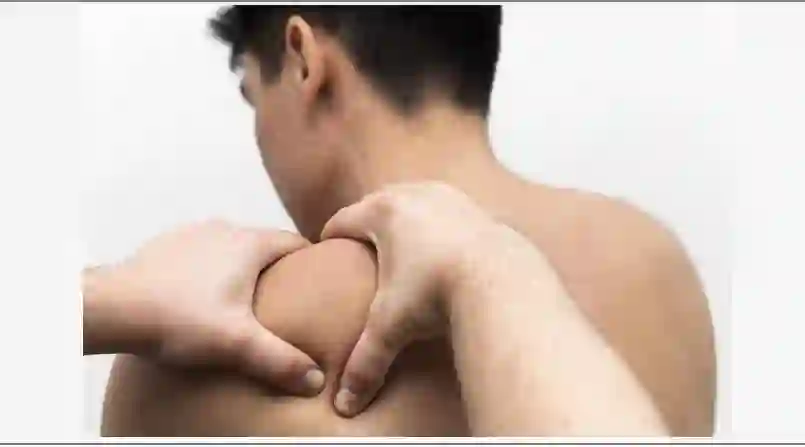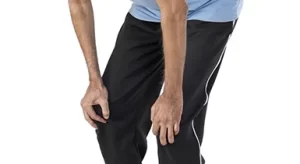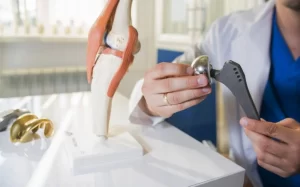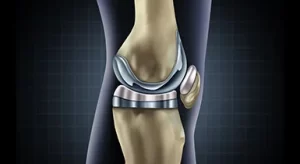Patient agonizing shoulder pain….
A 40-year-old gentleman, presented with complaints of headache associated with neck pain, shoulder pain in both upper limbs. The patient had a history of trauma, in 2013 after a car accident leading to the above complaints. He was also diagnosed, with cervical spondylitis, in the past and was on medication and physiotherapy for some time. However, this conservative type of treatment did not help him, and his symptoms were aggravated. The patient also was diagnosed with a frontal lobe seizure and cervical neuralgia. He also complained of sleep disturbances(insomnia) as well.
Role of Orthopedic Surgeon…
At the hospital, the patient was evaluated under the medical expertise of Dr. Mazda Turel a neurosurgeon at the Wockhardt Hospitals, South Mumbai. An MRI of the brain was advised, which did not show any significant changes. Along with an MRI, an EEG was also carried out to understand the sleep pattern. Dr. Mazda Turel decided to take the opinion of Dr. Mudit Khanna, Orthopedic surgeon for the cause of shoulder pain.
The case was referred to Dr. Khanna whose primary diagnosis, of left shoulder pain was suggestive of tendonitis involving the muscles of the shoulders. After an MRI, of the shoulder joint, was carried out it confirmed the diagnosis, of bilateral frozen shoulder, which was contributing to his migraine and insomnia.
Frozen shoulder, also known as adhesive capsulitis, is a condition characterized by stiffness and pain in your shoulder joint. Signs and symptoms typically begin gradually, worsen over time, and then resolve, usually within one to three years.
Frozen shoulder typically develops slowly, and in three stages. Each stage can last for a number of months.
Typically, the symptoms can be seen in phases. First is the freezing stage where any movement of the shoulder causes pain, and the shoulder’s range of motion starts to become limited. Then in the Frozen stage pain may begin to diminish during this stage. However, the shoulder becomes stiffer, and using it becomes more difficult. In the thawing stage, the range of motion in the shoulder begins to improve. For some people, the pain worsens at night, sometimes disrupting sleep.
Treatment at the Hospital…
At the hospital, Dr. Mudit Khanna advised a bilateral shoulder intraarticular injection which was administered, in the shoulder joint space in order to relieve the patient’s discomfort and loosen the joint.
Treatment for frozen shoulder involves range-of-motion exercises and, sometimes, corticosteroids and numbing medications injected into the joint capsule. In a small percentage of cases, arthroscopic surgery may be indicated to loosen the joint capsule so that it can move more freely.
Cortisone shots are injections that can help relieve pain and inflammation in joints. They’re most injected into joints — such as your ankle, elbow, hip, knee, shoulder, spine, or wrist. Even the small joints in hands or feet might benefit from cortisone shots.
After the procedure, the patient was discharged and advised physiotherapy, after his symptoms reduced. The patient, was grateful, to Wockhardt Hospital’s doctors and international patient team for improving his condition and was thoroughly impressed with the hospital’s super specialty services and quality patient care.




